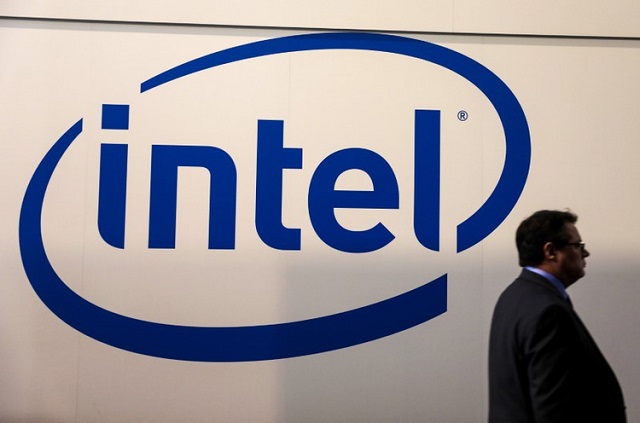
Intel has increasingly been depending on sales to data centers as PC sales stagnate.
Habana, an AI processor firm, was founded in 2016 and has offices in Tel Aviv, San Jose, Beijing and Gdansk, Poland. It has raised $120 million to date, including $75 million in a funding round led by Intel Capital last year.
The deal follows a string of AI-related acquisitions by Intel in recent years, including Movidius, Nervana, Altera and Mobileye.
Navin Shenoy, who oversees Intel’s data center group, told Reuters in an interview that each set of chips is designed to solve a different problem, whether it is helping cars drive themselves or training machine-learning algorithms in data centers.
Huawei first-half revenue up about 30% despite US ban
Shenoy said Habana’s chips are aimed at so-called deep learning, a subset of machine learning, being done in data centers.
“What we hear from our customers is that there’s a heterogenous set of needs,” Shenoy said. “The market opportunities are significant and large enough that we can build out a specialized portfolio to go solve those problems and do it in a way that customers feel good about and respond well to.”
Habana launched its new Gaudi AI training processor in June that it said will deliver much faster processing speeds to compete with similar offerings from Intel’s rival Nvidia Corp.
Nvidia outbid Intel last March to buy Israeli chipmaker Mellanox for $6.9 billion, boosting its data-center chip business.
Habana will remain an independent business unit led by its current management team and report to Intel’s data platforms group.
The company will continue to be based in Israel and its Chairman Avigdor Willenz will serve as a senior adviser to Intel, the companies said.
Huawei launches foldable phone in China
Willenz sold chip designer Galileo Technologies to Marvell Technology Group for $2.7 billion in 2001, and Annapurna Labs to Amazon for an estimated $370 million in 2015.
With five facilities, Intel already has a significant presence in Israel and has become one of the country’s top exporters since launching operations there in 1974.
The California-based chip giant moved its automotive technologies headquarters to Jerusalem after buying Mobileye for $15 billion in 2017. It is investing $11 billion to expand its local chip factory and also launched a tech accelerator in Israel in June.
1732434981-0/BeFunky-collage-(10)1732434981-0-405x300.webp)







1732347751-0/Express-Tribune-(1)1732347751-0-270x192.webp)








COMMENTS
Comments are moderated and generally will be posted if they are on-topic and not abusive.
For more information, please see our Comments FAQ